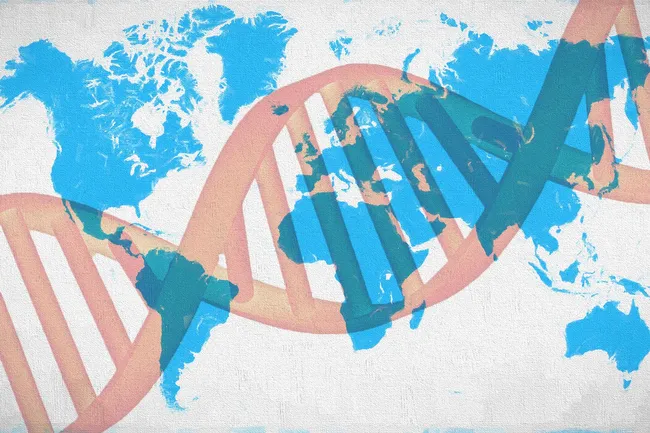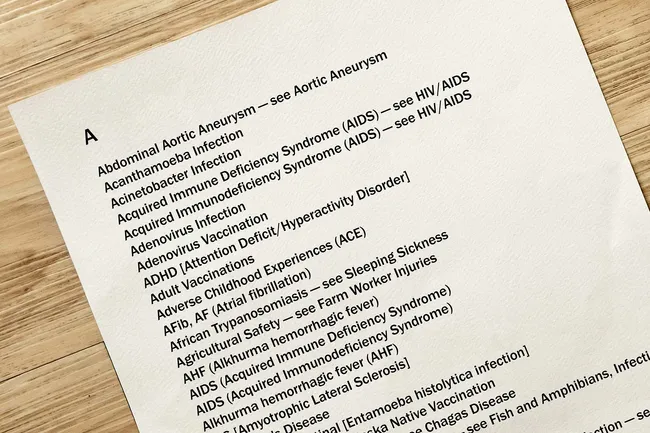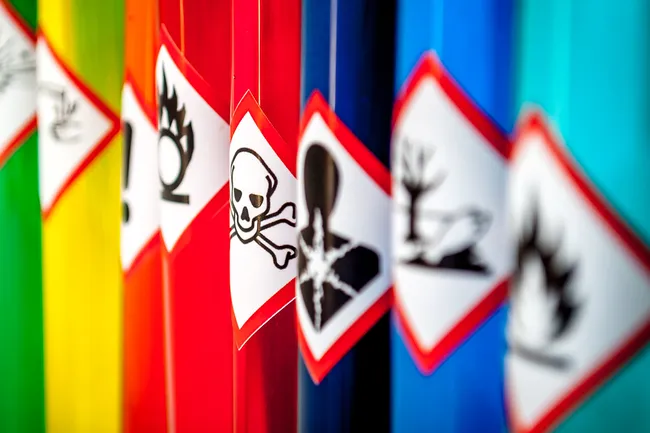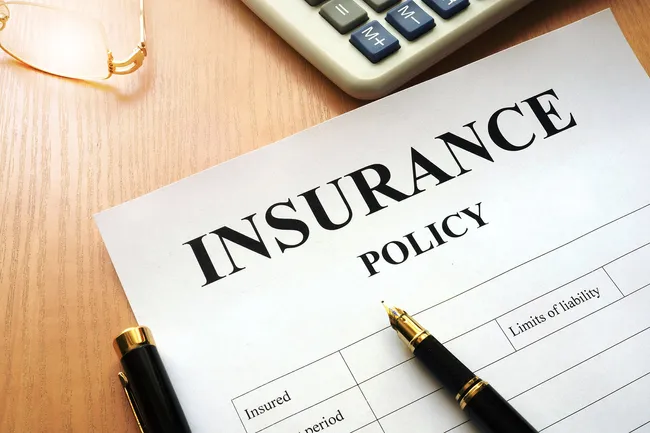The Truth About Mail-In DNA Tests

Lots of Info and Some Confusion
If you’re curious about where your ancestors came from or concerned about diseases you might be likely to get, mail-in DNA tests make it easy to get some answers. Dozens of companies offer them, and they can be done with a sample of your saliva or a swab of your cheek. The catch is, you may learn "facts" about yourself that aren't quite factual.
Swipe to advance

2
/
12
Myth: Predict Chances of Disease
These tests look for information in your genes that shows you might be more likely to get a specific disease, such as Alzheimer's or cancer. But they can’t tell if you'll end up getting it. They can't even really tell you your chances of it. Other things, like your lifestyle or habits, affect your risk of getting diseases, too.
Swipe to advance

3
/
12
Myth: Cover All Conditions
The field of genetics is growing quickly, but only so many tests are available. So while you may get information about certain conditions, you might not get any about a less common disease you're concerned about.
Swipe to advance

4
/
12
Myth: Map Your Family Tree
Each company has its own database of samples from people who live in different areas of the world, and they match yours against the others in the database. So your results won’t include everyone who’s been tested -- they’ll only include people who’ve been tested by the company you choose.
Swipe to advance

5
/
12
Myth: Same Info for Siblings
Everyone gets 50% of their DNA from each parent, but what's in each half can be different. So it's totally possible that you got more of your mom's European DNA and your sister got more of her Asian DNA. Add your dad to the mix, and things get scrambled further. Just as siblings don't always look alike, their DNA might not look alike, either.
Swipe to advance

6
/
12
Myth: Nutritional Needs
Some testing companies offer personalized advice on dietary supplements based on your test results. Some even try to sell them to you. But no studies show that genetic tests can give you useful information about those or dietary choices.
Swipe to advance

7
/
12
Myth: Effects of Toxins
Not everyone who smokes gets cancer, and some DNA testing companies suggest that the reason for that is in your genes. It may be, at least in part, but there’s no strong science that proves genetic tests can tell you how well your body handles certain things in the environment.
Swipe to advance

8
/
12
Myth: Insurance Rates
Laws are in place to protect you from being denied health insurance or charged more for it. But those laws don’t apply to life insurance, disability insurance, or long-term care insurance. That means it's possible your genetic test results could be used by the companies that sell these types of insurance.
Swipe to advance

9
/
12
Myth: Government Regulations
Most of these tests are made privately and can be sold to you without any proof that they work as advertised. That may soon change, though. The FDA is coming up with guidelines for genetic tests.
Swipe to advance

10
/
12
Myth: All Tests Are the Same
While no testing company can guarantee that the information it gives you is 100% accurate, some are better than others. If you decide to try at-home DNA testing, look for one that meets the U.S. standards called Clinical Laboratory Improvement Amendments (CLIA), and check to see if the tests have been approved by the FDA.
Swipe to advance

11
/
12
Myth: Personal Info
Read the fine print. Most companies make an effort to keep personal data "private," but that can mean different things. Make sure you understand what data they’re collecting and who will see it.
Swipe to advance

12
/
12
Myth: Harmless Fun
At-home DNA tests can be entertaining, even if they're not always accurate. But they can cause stress, too. Sometimes genetic tests reveal not-so-happy surprises, like a family member not being related to you or the possibility that you’ll get a certain condition. You might talk with a genetic counselor before deciding whether to get tested. And if you decide to do it, the counselor can help you understand the results.
Swipe to advance
- Get link
- X
- Other Apps